The 5 Personalities Who Never Succeed in Interviews
Although good interviewers are empathetic to the pressure you feel, it’s hard to embrace those interview personalities. Thankfully, our worst tendencies can be noticed and we can try to improve them. Here are five personalities in interviews that never succeed. When you’re under pressure, do you have one?
Arriving unprepared
Preparing for an interview is critical to arriving in a positive mood and feeling prepared to answer the questions of the interviewer. Learn about the history of the company, its position in the market, and its rivals, and get acquainted with its key members. Make sure you understand the position on offer entirely. Failing to do so would make you seem uninterested and lazy.
Being prepared also involves finding out how you can get to your interview, preparing your path, and taking into account any delays you can experience. There are no reasons for tardiness when it comes to working interviews so demonstrate your excitement by being on time. It can be a challenge to learn to strike a balance between talking too much and talking too little. It will really help to ensure that you give the right amount of details by taking part in practice interviews with your university careers service.
Waffling is a common mistake in an interview and appears to be the product of nerves, but avoid talking all at once about anything. Selling your skills and experience without rambling is crucial. Once the interviewer asks a question, pause for a few seconds, take a breath, and before answering, collect your thoughts. You also run the risk of complaining about or interrupting the interviewer if you’re talking too much or too quickly.
The victim
The victim has the ability to deflect any tough question they are asked in an interview, mostly because their skills are insecure. They throw a former colleague under the bus when asked about a problem they’ve met at work. They bash a former boss with a vendetta when asked about a career gap. And when they are asked about vulnerability, they tell you that they have none… except that they are too trusting or too perfect. One of the top attributes interviewers are searching for is that the victim is unable to see their faults or work for their solutions. This results in the dismissal of most victims.
The slacker
The slacker is known to you from the second they walk into the room. They are not ready to be interviewed. Not out of malice, but because they are like that. The slacker knows little about the business, doesn’t understand the job, and shows other signs that the specifics are just not relevant to them. They may have the wrong name for the interviewer, for instance. Who sent them a million times by email. Everyone can tell that they are not living up to their potential and that their chances of landing the job are really hurting.
The brick wall
The brick wall brings professionalism to a completely different level, as a result of nerves. Their behavior and interaction are static, and they avoid all possibilities for small talk. Obviously, they have rehearsed responses to the predominant interview questions and are caught off balance by colorful questions. Their real identity is practically undecipherable, the one that lives underneath this one. Their interviewer can not say if they will enjoy working with this applicant, immediately landing their application in the no-go bin.
Conclusion
Observing the basics is another good tip. The power of good manners, daily eye contact, a strong handshake, or a smile can be easy to underestimate. As you never know who may be on the selection panel, be respectful to anyone you come into contact with.














